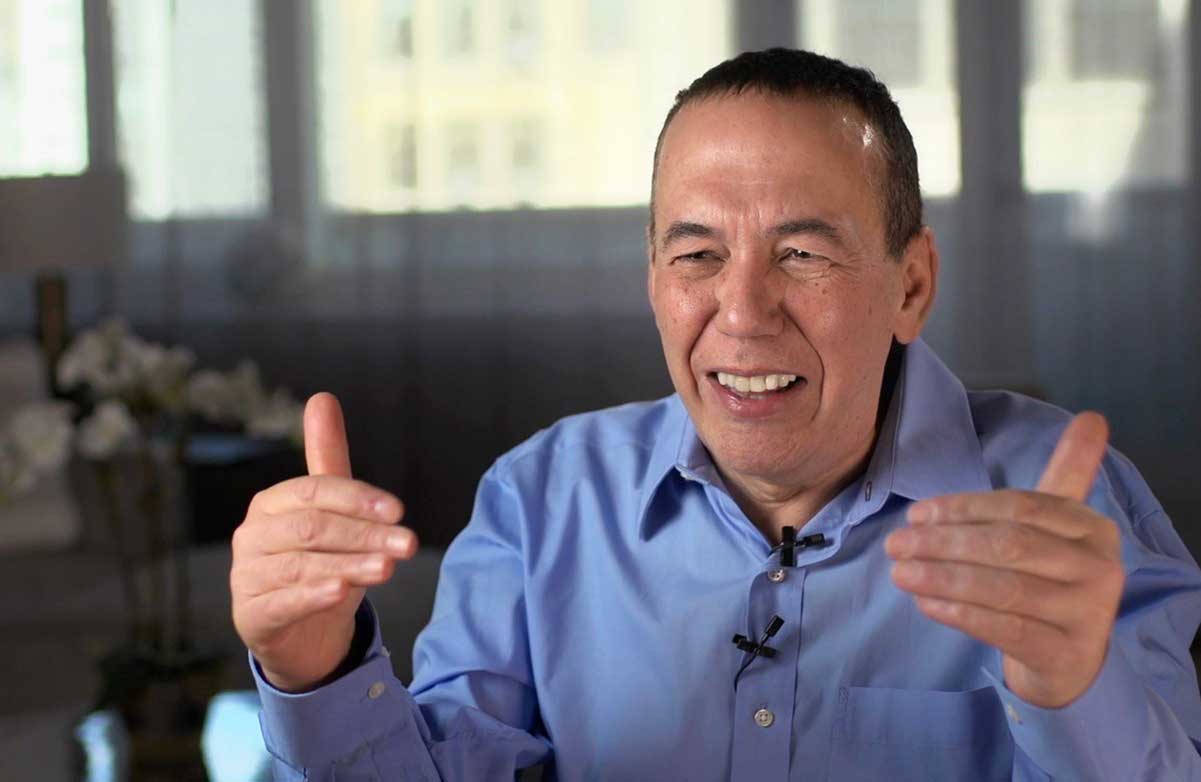
It’s no fun being funny these days. The outrage mob is waving its PC pitchforks at stand-up comedy, particularly on college campuses. Don’t like jokes about race, religion, sexual orientation? Make it known how offended you are. And try to drown out or shut up what you don’t like. Chris Rock has said he no longer plays colleges because of students who have been so shielded by trigger warnings and “safe spaces” that “you can’t even be offensive on your way to being inoffensive.”
Likewise, Jerry Seinfeld, Patton Oswalt and Bill Maher have all decried the onslaught of PC protests, both on and off campus. To make his point, Oswalt last year tweeted a chestnut about a man who threw butter out a window because he wanted to see butter fly–followed by 52 tweets of apology to all who may have been inadvertently disrespected.
Now a new documentary, Can We Take a Joke?, invites dozens of top comics to weigh in on their experiences. Directed by Ted Balaker, the film arrives in selected theaters on July 29 and on video on demand on Aug. 2. “We’re getting to the point where outrage is a powerful political tool,” says Penn Jillette in the film. “You can’t have an exchange of ideas if there’s a chilling effect.”
It wasn’t always this way. Comedian Lenny Bruce’s audiences never complained about his act; it was the police who busted him. Nowadays, comedians aren’t arrested–the crowd is a built-in censor. And colleges, with their speech codes and notions of microaggression, seem to be the worst offenders. In one incident, Washington State University administrators actually paid for tickets so students could heckle a satirical musical about Jesus’ last days. Campus security refused to remove the hecklers even after they threatened actors with violence.
Transgression has always fueled certain strains of humor. Gilbert Gottfried quotes George Carlin: “It’s the duty of a comedian to find out where the line is drawn and deliberately cross over it.” In 2011, Gottfried crossed that line by tweeting jokes about the earthquake and tsunami that devastated Japan, costing him a lucrative contract to provide the voice of the Aflac duck. Taking the unspeakable and making it an object of ridicule is laudable, but Gottfried committed a key error: his jokes were lame. As Richard Pryor once said, “You can say anything that comes to mind, just so long as it’s funny.”
Meanwhile, “I’m offended” has become a mantra of the thin-skinned, and even a pivotal theme of the presidential election. There’s little doubt that a key part of Donald Trump’s appeal is his willingness to be relentlessly un-PC.
The bottom line is this: Comedy is meant to lampoon sacred cows. No one says you have to like the joke. Just don’t try to silence the jokester. Or, as stand-up Heather McDonald says in the film, “If you’re easily offended, please don’t come to a comedy show.”
More Must-Reads from TIME
- How Donald Trump Won
- The Best Inventions of 2024
- Why Sleep Is the Key to Living Longer
- Robert Zemeckis Just Wants to Move You
- How to Break 8 Toxic Communication Habits
- Nicola Coughlan Bet on Herself—And Won
- Why Vinegar Is So Good for You
- Meet TIME's Newest Class of Next Generation Leaders
Contact us at letters@time.com